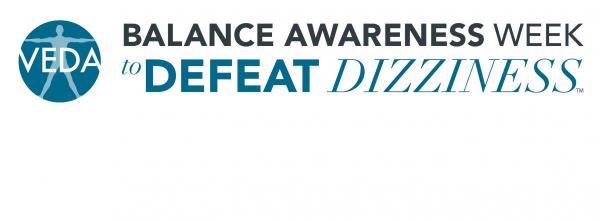Let’s Talk Dizziness
Vertigo and dizziness are the second most common complaint after headache. Vertigo and dizziness are not disease entities, rather unspecific syndromes consisting of various disorders with different causes. However, the constellation of symptoms presented by patients with dizziness can be difficult to diagnose.
The vestibular system includes the parts of the inner ear and brain that process the sensory information involved in controlling balance and eye movements. If disease or injury damages these processing areas, vestibular disorders can result. Vestibular disorders can also result from or be worsened by genetic or environmental conditions, or occur for unknown reasons.
What can be difficult for both a patient and his or her doctor is that the word “dizziness” is a subjective term. This means that the word can be used by people to describe different sensations they are experiencing, but it is hard for anyone but the person experiencing the symptoms to understand or measure the nature or severity of the sensations. In addition, people tend to use different terms to describe the same kind of problem. “Dizziness,” “vertigo,” and “disequilibrium” are often used interchangeably, even though they have different meanings.
Goal of Balance Awareness Week
Professor Dr Margie H Sharpe, Director of the Dizziness & Balance Disorders Centre here in Adelaide, says,
“Approximately forty percent of adults will experience significant dizziness at some time in their lives, and that nearly one in four emergency room visits includes a complaint of dizziness. Balance problems can occur from inner-ear disease, a virus, a traumatic brain injury, poisoning by certain substances, autoimmune causes, migraines, and ageing for example.”
“The goal of Balance Awareness Week, being held between 15th — 21st September 2014 is to reduce the time it takes to diagnose a vestibular disorder.”
“Raising awareness of vestibular disorders is also a good time to remind and encourage family and friends to learn more so they can support their loved ones’ who are suffering from dizziness and other debilitating symptoms.”
People with vestibular disorders can suffer cognitive problems, such as poor concentration, memory, and word recall; difficulty reading while tracking printed text; and impaired mental stamina. They may also develop anxiety due to the constant fear of having a vertigo attack.
Vestibular Rehabilitation Therapy (VRT) has consistently been shown to be an important part of the management of vestibular patients, and most research studies show that patients who receive VRT improve by 70-80%.
ABOUT PROFESSOR DR MARGIE H SHARPE
https://dizzinessbalancedisorders.com.au/about/
| Media Requests: | Contact Charlie-Helen Robinson |
| Email: | [email protected] |
| Mobile: | 0424 644 624 |

